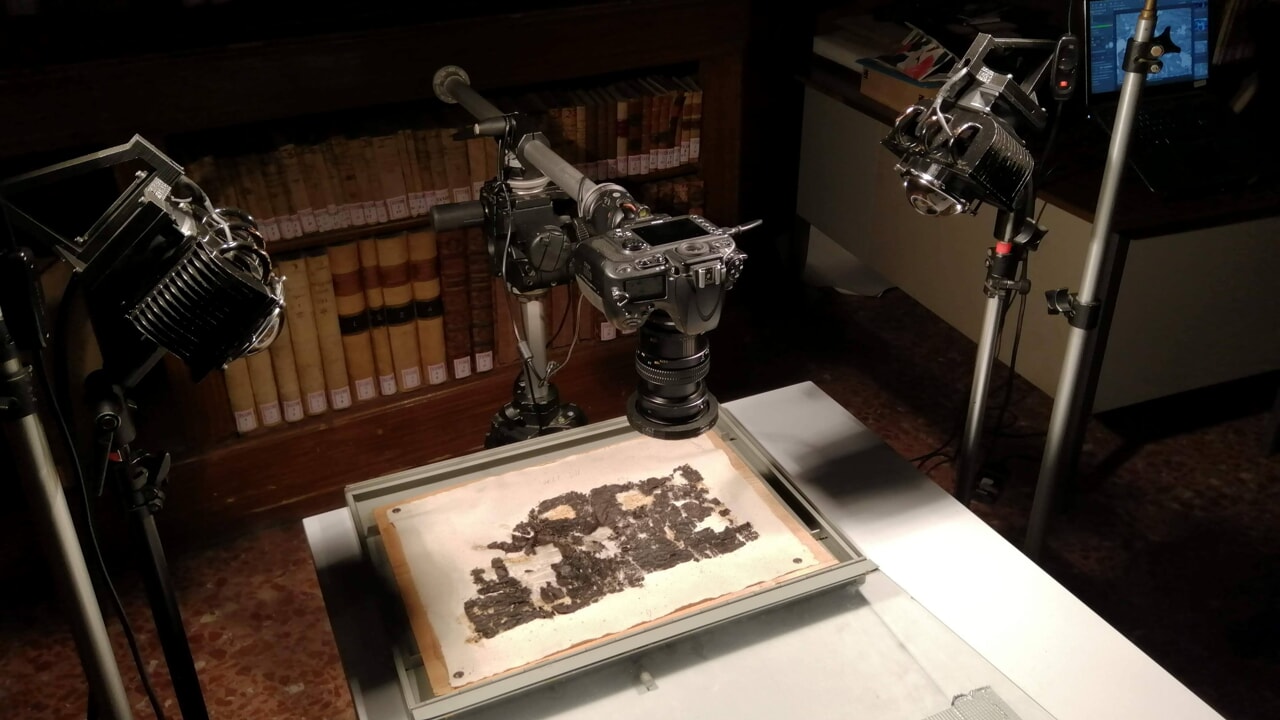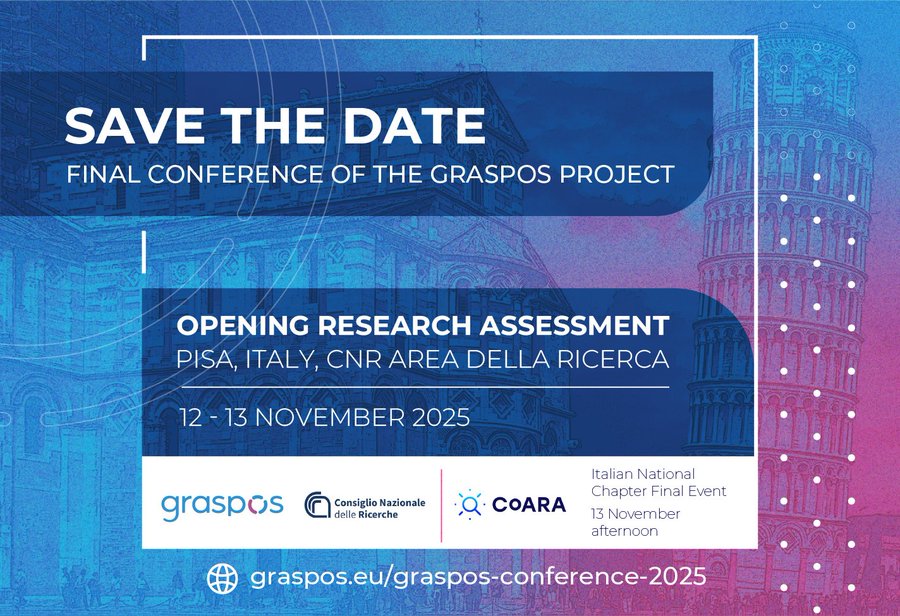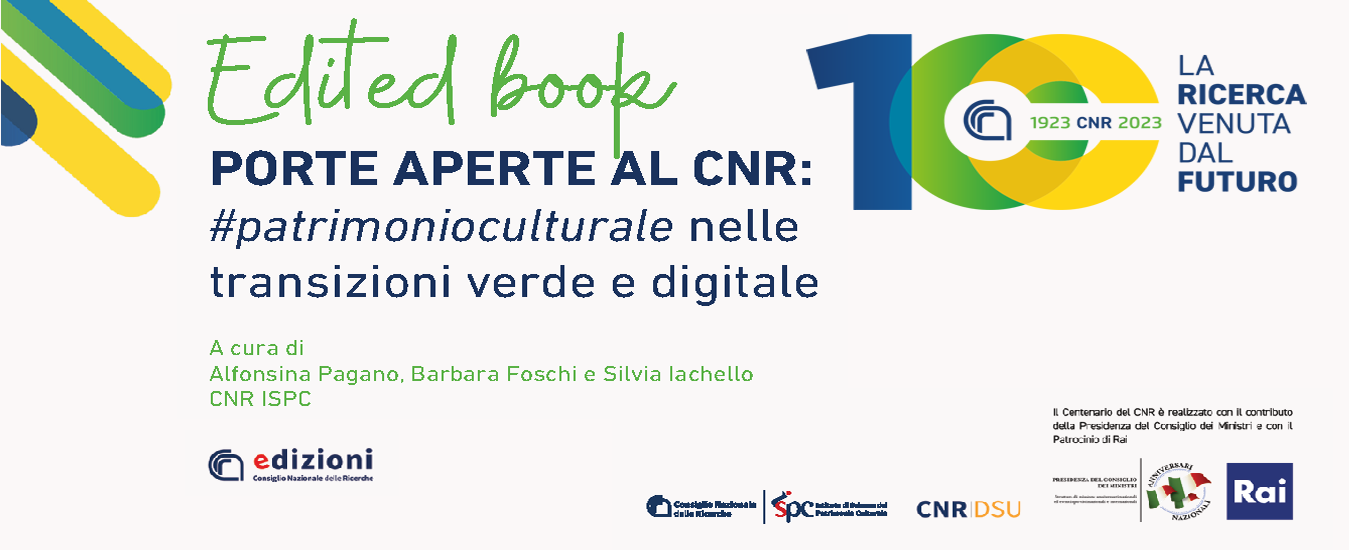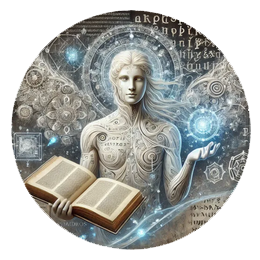First Results of the EU Project GreekSchools
The Mid-term Conference of the ERC-ADG project GreekSchools – The Greek philosophical schools according to Europe’s earliest ‘history of philosophy’: Towards a new pioneering critical edition of Philodemus’ Arrangement of the Philosophers took place on Tuesday 23 April 2024 at the National Library ‘Vittorio Emanuele III’ in Naples.
During the event, the progress of the research conducted within the project by some scholars from the Institute of Heritage Science (ISPC) and the Institute for Computational Linguistics ‘Antonio Zampolli’ (ILC) of the National Research Council of Italy (CNR) under the coordination of Graziano Ranocchia of the University of Pisa (UniPI) was presented.

Advanced diagnostic imaging techniques allowed to make a reading – impossible for the human eye – of the papyri found in Herculaneum following the eruption of Vesuvius in 79 A.D. and preserved at the National Library ‘Vittorio Emanuele III’ in Naples.
From the study and analysis of the carbonized Herculaneum papyrus containing the ‘History of the Academy’ by Philodemus of Gadara (110 – after 40 B.C.), over a thousand words emerged, equal to approximately 30% of the text and containing a lot of exclusive information on Plato and the development of the Academy under his successors.
The increase in text roughly corresponds to the discovery of ten new medium-sized papyrus fragments.
The new readings often draw on new and concrete facts about Plato’s Academy, Hellenistic literature, Philodemus of Gadara and ancient history in general.
Compared to the previous editions of Philodemus’ ‘Review of the Philosophers’ – which is the oldest history of Greek philosophy in our possession and of which the ‘History of the Academy’ is part – we are now in the presence of an almost radically changed text, which involves a number of new and concrete facts about various academic philosophers.
Through the new edition and its contextualization, the scholars involved in the project have arrived at unexpected deductions of interdisciplinary scope for ancient philosophy, Greek biography and literature as well as for the history of the book itself.











